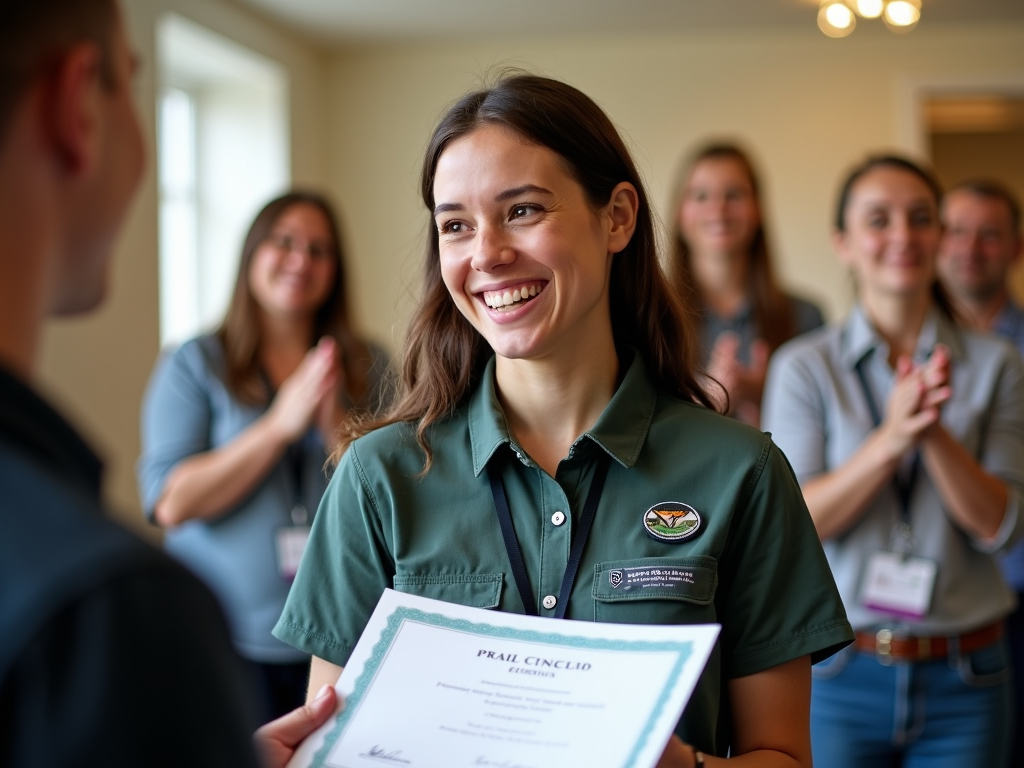Volunteer Opportunities in Advocacy Groups: Making a Difference Through Action
By , April 17, 2025
Volunteering with advocacy groups is a powerful way to support causes that matter to you. Whether you care about the environment, human rights, or healthcare, there’s a role for you. This article dives into volunteer opportunities in advocacy groups, how to get started, and why it’s worth your time.

Why Volunteer in Advocacy Groups?
Advocacy groups work to change laws, policies, and public opinions on big issues. By volunteering, you help them spread their message and make an impact. Plus, you’ll pick up skills that can boost your career, like teamwork and communication. According to the Corporation for National and Community Service, volunteers play a key role in driving social change.
You also get to connect with people who share your passion. It’s a chance to learn how decisions are made and see your efforts pay off. Whether it’s cleaner air or fairer laws, your work as a volunteer matters.
Types of Volunteer Roles
There’s something for everyone in advocacy. Here are some common roles you might try:
- Event Planning: Organize rallies or workshops.
- Social Media: Share updates and grow the group’s reach.
- Research: Dig into data to support the cause.
- Outreach: Talk to people in your community.
- Admin Support: Keep things running smoothly.
- Fundraising: Raise money to keep the group going.
If you’re good at writing, you could craft newsletters. If you love numbers, research might be your thing. Check out this guide from Idealist for more ideas on volunteer roles.

How to Find Volunteer Opportunities
Start by picking a cause you’re excited about. Love nature? Look for environmental groups. Care about equality? Find a human rights organization. Then, check sites like VolunteerMatch to see what’s out there.
You can also reach out to groups directly. Visit their websites or call them up. When you apply, tell them what you’re good at—don’t worry if you’re new to this. They’ll appreciate your enthusiasm!
Here’s a quick checklist to get started:
- Choose your cause.
- Search online or ask around.
- Reach out with a short message.
- Be ready to talk about your skills.

Real Stories from Volunteers
Meet Sarah, who joined a human rights group in college. She started filing papers but soon helped plan campaigns. Now, she works full-time in the nonprofit world, thanks to her volunteer experience.
Then there’s John, a graphic designer. He volunteered with an environmental group, creating posters that got thousands of likes online. His work helped the group gain more support—and he had fun doing it.
Benefits of Volunteering
Volunteering in advocacy groups lets you see real change happen. You might help pass a new law or get more people talking about an issue. Plus, you’ll learn skills like public speaking or organizing—stuff you can use anywhere.
It’s also a great way to meet people. You could make friends or even find job leads. A study from Johns Hopkins University shows volunteers often feel happier and more connected.

Challenges and Solutions
Volunteering isn’t always easy. You might struggle to find time. Try setting a schedule—maybe just a few hours a week. Talk to the group about what works for you.
Sometimes, change takes a while, and that can feel tough. Keep your eyes on the big picture. Even small steps add up. If disagreements pop up in the group, listen and stay open-minded—it’ll make you a better team player.
Volunteering with advocacy groups is a chance to do good and grow. You’ll find plenty of volunteer opportunities in advocacy groups to match your interests. Start today by exploring options and jumping in!